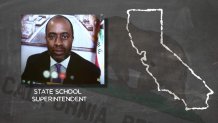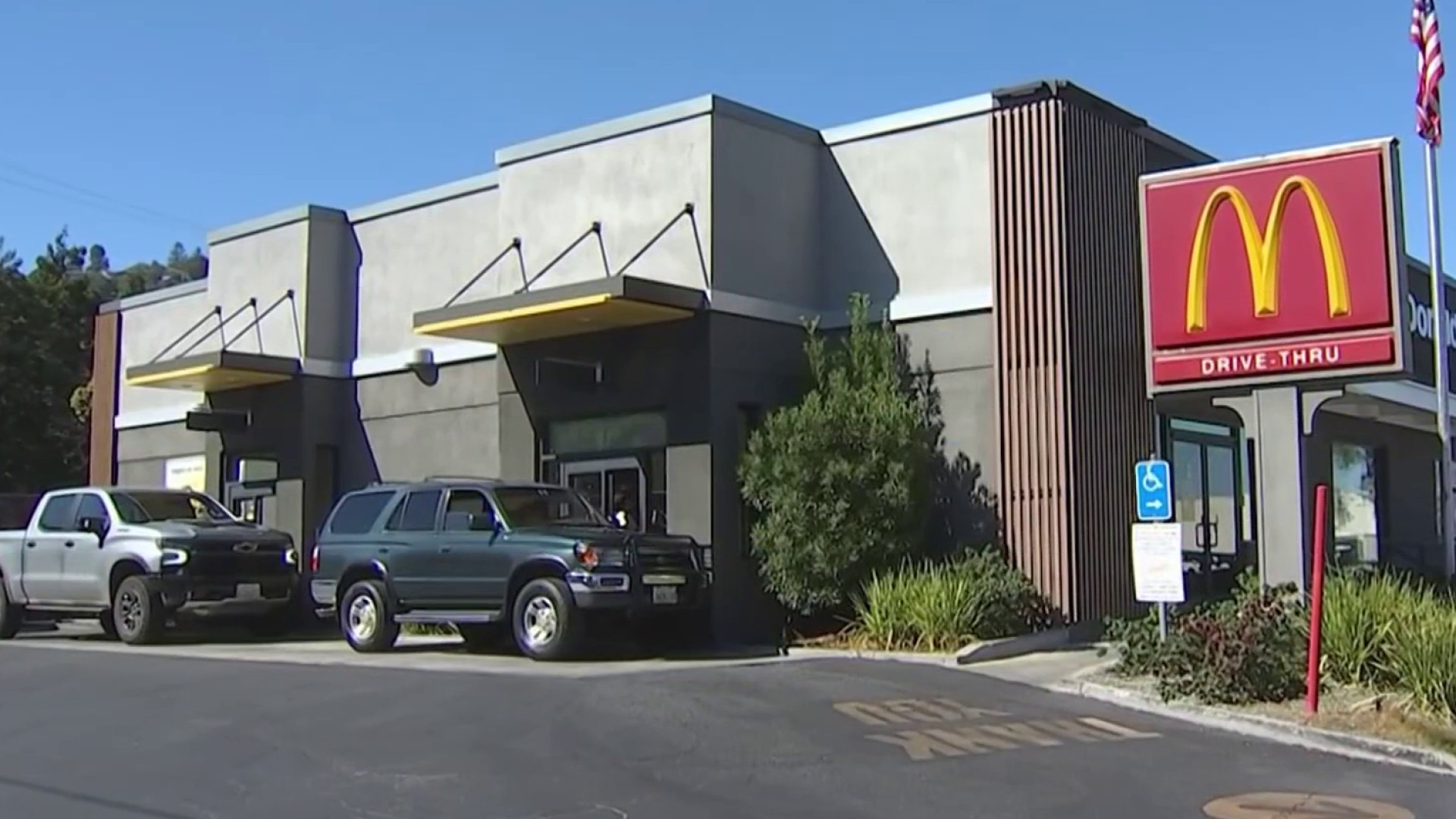It’s been seven weeks since the coronavirus forced most California schools to shut down for the year and many students have learned to adapt to the new normal of Zoom classrooms and virtual assignments. But parents and educators tell NBC Bay Area some students haven’t learned much of anything since school closed, causing those students to fall behind their peers.
Right now, the state is allowing each local school district to develop a distance learning plan that works best for their communities and has canceled all standardized tests to help reduce stress on kids. The NBC Bay Area Investigative Unit reached out to more than 70 school districts across the state and asked to see their education plans during the shelter-at-home to compare what students are learning. More than half responded and our review found significant inconsistencies from district to district, creating a potential learning gap for students.
Many districts developed their plan within the first two weeks after closing and require teachers to:
- Assign reading and math lessons daily
- Make lesson plans available to administrators for quality review
- Interact with students and set-up regular office hours
- Track attendance to identify students who need more help
Other districts took more than a month to create a plan and issued contradictory guidelines for teachers which include:
- No content requirements
- No assessment or review of teacher lesson plans
- Discourage teaching through live video lessons or speaking to students 1on1
- No attendance tracking or student assessment

LEARNING LOSS
National Investigations
“I went five weeks [without a school assignment],” one San Jose 8th grader told NBC Bay Area. “So I just studied mostly by myself using online resources.”
The student’s father said it took weeks for his family to get a response from his son’s teachers when he asked about their lesson plans for the rest of the school year.
“They were not proactively answering emails,” the father told NBC Bay Area. He did not want to reveal his name fearing retaliation against his son by Evergreen School District.
Superintendent Emy Flores, Ed.D. told NBC Bay Area Evergreen was quick to provide students with instructional packets back in March while the district worked to launch its online distance learning model on April 20. But the father says his son finished those packets in a few days, leaving him with nothing to do for more than a month.
“This is surely a fiasco [to wait for a distance learning program] beyond two weeks of delay when kindergartners in other districts have been online since day one,” the father said.
TOUGH FOR TEACHERS
In Antioch, elementary school teacher Heather Ostertag says she realizes the devastating impact that school closures are having on her students as well.
“I cry all the time,” Ostertag told NBC Bay Area. “It’s just very emotional not being there.”
Ostertag says she was proactive in giving her students work to do at home and stays in constant communication with parents in her class. Still, she says the overall attendance at her school has fallen off, and she has one student she hasn’t heard from in nearly two months.
“I can't get that mom to come back,” Ostertag said.
WE HAVE TO DO BETTER
NBC Bay Area raised these concerns about learning loss and inconsistent distance learning standards throughout the state with Governor Gavin Newsom during a recent press conference.
“We have to do better,” Governor Newsom said. “We didn't wait for the question. We tried to preempt it even a few weeks ago with the guidance we put out to all of these districts ... The guidance, however, is not equally distributed in terms of capacity to deliver on it in districts [that are] smaller [or] rural across the state and we know that.”
State Superintendent Tony Thurmond says he’s also keenly aware of the growing learning gap and working to address the problem.
“For many students, they may have missed 50 days of instruction. And so we anticipated that there's some learning loss,” Thurmond said.
Fifty days without instruction means those students are missing out on more than a quarter of the 180-day school year mandated by the state.

“This is new territory for all of us. Uncharted territory. We’re several weeks in, but we know that in the days and weeks to come, we'll see a smoothing out and a consistency [between the distance learning plans] because we'll be having conversations about what is the content? What does the curriculum look like?” Thurmond told NBC Bay Area.
Thurmond says the state will also try to address the missing days by relying on teachers next year to figure out what their students missed during the shelter at home.
But if the same distance learning guidelines carryover into the fall and students are not graded, tested, or held accountable for attendance, we asked Thurmond how anyone can measure the achievement gap.
“I think we're going to see conversations about innovation in education and how to measure learning in ways that might be very different than the way they've been [measured] in the past.” Thurmond said. “That pushes us to think about things like, do we put more emphasis on mastering the content rather than what the grade is that a student might get?”
In addition to a new student evaluation system, Thurmond and Newsom say they’ve had discussions about reopening schools earlier than usual to make up for lost time.
That proposal worries the San Jose father who feels his district is struggling just to get through this school year.
“Since one or two teachers are doing good, I wouldn’t [give Evergreen School District] an F grade, but I'll definitely give them a D grade for all the delays.”
If you have a tip for the Investigative Unit, email theunit@nbcbayarea.com or call 888-996-TIPS. Follow Candice on Facebook and Twitter at @CandiceNguyenTV, or send her an email at Candice.Nguyen@nbcuni.com



